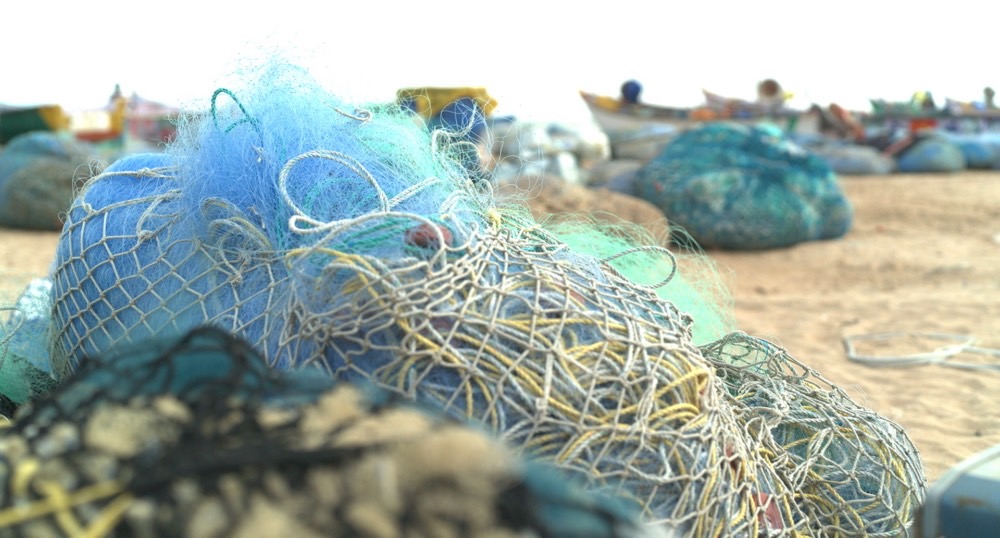Groundbreaking Hydrogel Can Remove Microplastics From Water
A newly developed hydrogel can safely remove microplastics from water, a study reveals. The study is published in Nanoscale, and it highlights the importance of finding new ways to remove these harmful, tiny plastics from our drinking water. The hydrogel works by absorbing the tiny plastics, allowing them to be more easily removed from oceans and other bodies of water.
Of course, the threat that microplastics pose to the human body is extremely well documented. And we've seen numerous reports of how widespread these tiny plastics have become when they are even being found in drinking water. What we haven't come up with, though, is a 100 percent foolproof way to remove them.
That's where researchers like those at the Indian Institute of Science (IISc) come in. This new hydrogel is designed not only as an efficient method of removing microplastics from water, but also as a sustainable method that can be used again and again as needed.

The material is made up of a unique intertwined polymer network, Phys.org explains in its report. This allows the hydrogel to bind the various contaminants – plastics, metals, etc – in the gel. They can then be degraded using UV light irradiation.
It's a novel method that could very well improve the quality of our bodies of water – including lakes, oceans, etc. Scientists have previously tried to create filtering systems that can remove these tiny plastics, but they often become clogged due to the build-up of the tiny particles. This, of course, renders them inefficient, if not completely unusable.
This new hydrogel, though, consists of three main layers, all of which create what the researchers call an Interpenetrating Polymer Network (IPN) architecture. This allows the microplastics to become trapped and then break down within the hydrogel. Because it isn't using a standard filtering system, the researchers don't have to worry about the hydrogel becoming clogged and unusable.
The researchers plan to look for ways to develop the device, allowing for large-scale deployment to help clean up microplastics from varying water sources around the world.
